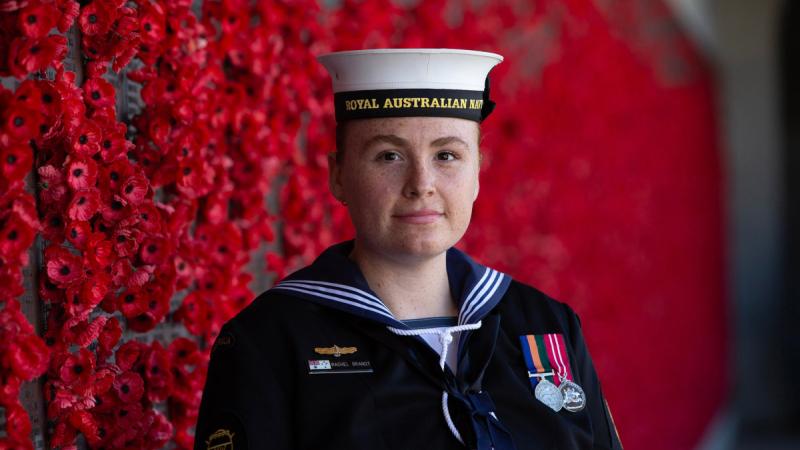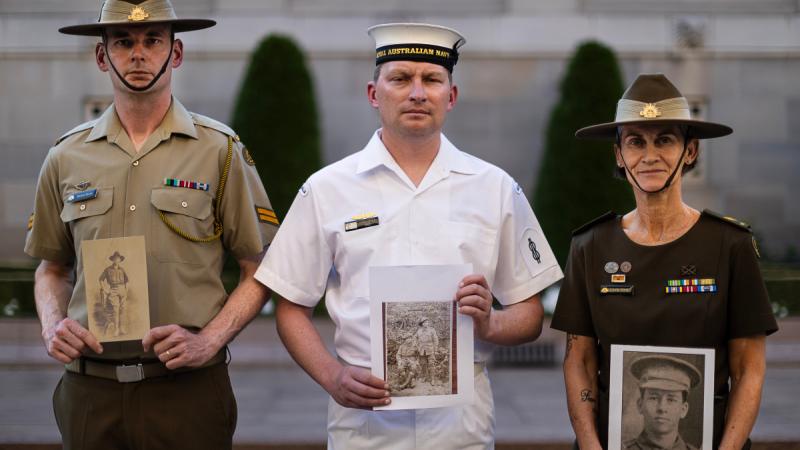Monash University researchers have partnered with the International Federation of Red Cross and Red Crescent Societies (IFRC) Innovation team to design, implement and deliver Limitless – a year-long programme funded by World Health Organisation, aiming to drive youth innovation around addressing COVID-19.
IFRC is the world’s largest humanitarian network, supporting the national Red Cross and Red Crescent (RCRC) societies and their over 14 million volunteers in 192 countries across the world. In May 2021, Limitless was initiated to support youth innovators, from among the volunteers, to propose and develop solutions to challenges faced in their local communities during the pandemic.
Over 1000 youth volunteers from 72 countries applied to join Limitless. After a year-long program of support and development of 333 successful projects, ten shortlisted innovators will pitch their projects during IFRC’s General Assembly from 19 to 21 June in Geneva this year.
The shortlisted projects include addressing gender-based violence, mental health advocacy, greening urban balconies and more initiated by volunteers from Thailand, Egypt, Colombia, Nepal, Uganda, Kenya, Ecuador and Philippines.
Researchers from the Faculty of Information Technology’s (IT) Action Lab designed and developed a novel digital pipeline through which video submissions from the numerous volunteers can be automatically transcribed, translated and edited. Over 150 translation studies students from the Faculty of Arts volunteer to translate not just the videos (into English for evaluations) but the whole program’s communications materials.
Dr Tom Bartindale, Project Lead from Action Lab, who worked with research fellow Joshua Seguin and research engineer Harrison Marshall to deliver the initiative, said it is unique for a project on a global scale to be open to entries in so many different languages, such as Swahili, Bahasa, and Mandarin, as well as the four official languages of the IFRC.
Another major challenge was to design a system that supported multi-language participation even in remote locations where internet infrastructure is limited.
“We created a system that accepts video submissions from volunteers in the language that they are most comfortable in, stylises and stitches together these videos to form one coherent story, and transcribes and translates its content to make their innovation story accessible to evaluators and other volunteers,” Dr Bartindale said.
“We also included processes to give each volunteer high-quality video-based feedback about their submissions because the procedures weren’t just about facilitating a competition but encouraging innovation.
“As human-computer interaction researchers, the goal was to create technology that would be well-tuned to the unique needs of the volunteers participating from various remote locations across the world.”
Shaun Hazeldine, Innovation Lead and Head of IFRC’s innovation hub – Solferino Academy – said the implementation of Limitless has already helped initiate numerous impactful projects through RCRC national societies across the world.
“The design, technology and translation work provided by Monash researchers and students has been crucial in ensuring language inclusivity and accessibility for youth from vulnerable and remote communities around the world. We are very proud and amazed by the creativity, passion and innovative ideas the young volunteers around the globe have showcased throughout this programme,” Mr Hazeldine said.
Head of Action Lab and human-computer interaction expert Professor Patrick Olivier said the Lab was proud to support this vital IFRC initiative.
“This collaboration is a shining example of the type of tangible impacts that well-designed technologies can facilitate. It’s an example of an approach that helps build capability at the level of the community,” Professor Olivier said.
Action Lab, is a cross-disciplinary research group whose mission is to undertake impactful digital innovation in partnership with communities and NGOs.
Monash University researchers and students contributed their time, research and efforts pro bono to the Limitless project.








